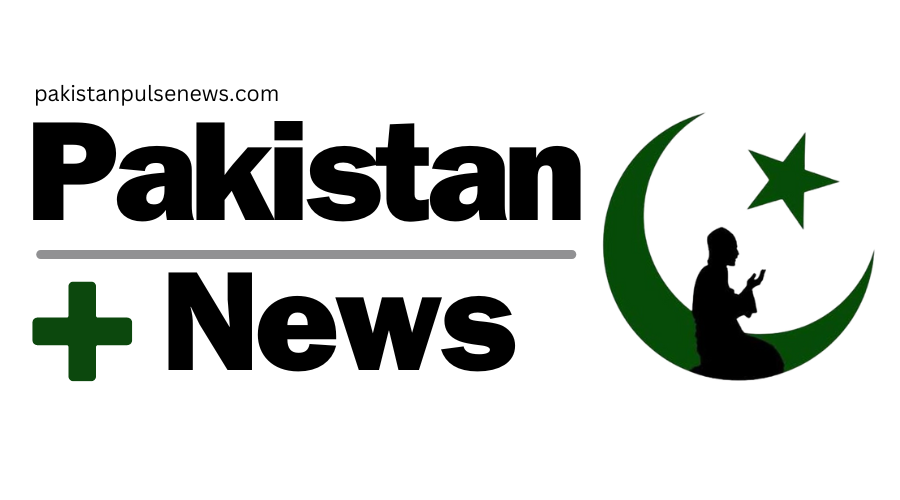
The employment relationship under probation In Uganda is commonly used by employers to assess the suitability of new employees before confirming them as permanent staff. The Employment Act, 2006 and other enabling laws regulate hiring and discharge from probationary employment contracts.
Under section 2 of the Act, a probationary contract is defined as a contract of employment that is not more than six months in writing and expressly states that it is for a probationary period.
Regulation 36 of Employment Regulations 2011 states that an apprentice is required to enter into a probationary contract of apprenticeship, which shall take a form prescribed in Part A of the Thirteenth schedule, registered with a labour officer.
According to section 67 of the Act, an employer can terminate a probationary employment contract at any time during the probationary period by giving not less than 14 days’ notice or payment in lieu of notice for seven days’ wages. However, suppose the employer terminates the probationary contract for reasons related to the employee’s conduct or performance. In that case, the employer should provide the employee with a fair hearing before making the decision to terminate. This is because of the right to a fair hearing under Articles 28(1) and 44( c) of the 1995 constitution of Uganda, and the law governing this in employment matters was discussed in Ebiju Moses V UMEME (UGHCCD 15 (09 March 2015).
It is noteworthy that the provisions of section 66 of the Act don’t apply to probationary contracts. This is expressed under section 67(1) of the Act, and the case of Syamutsangiraba and 2 Others v Tibet Hima Mining Company Limited (Labour Dispute Reference 58 of 2015) [2021] UGIC 61 (09 July 2021) explains this aspect.
It’s important to note that probationary periods in Uganda are generally not longer than six months. Once the probationary period ends, the employer is required to confirm the employee as a permanent staff member or terminate the contract. If the employer fails to take any action at the end of the probationary period, the employee is deemed to have been confirmed as a permanent staff member.
In Syamutsangiraba and 2 Others v Tibet Hima Mining Company Limited ( supra), the court observed that “…It also means that once both employer and employee agree to an extension of the probationary contract, at the expiration of the extended period the employer is expected to either confirm the employee on the job or give reasons related to the employee’s performance as to why he/she cannot be confirmed on the job. We firmly take the position that by extending the probation period the employer reasonably believes and trusts that the employee will pass the test of the employer’s expectations”.
It’s also worth noting that termination of any employment contract, including probationary contracts, must be done in accordance with the law and the employment contract. Suppose an employer violates the law or the terms of the contract during the termination process. In that case, the employee may have grounds for legal action against the employer, including general damages, special damages, interest and costs of the suit.


